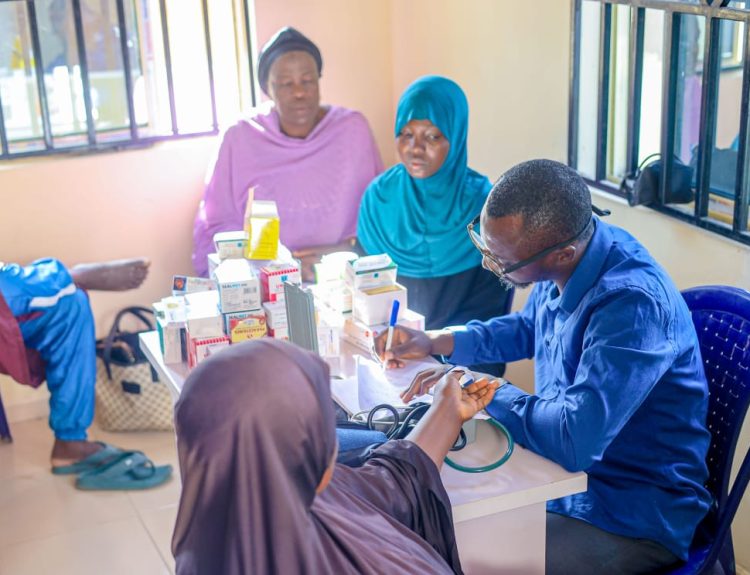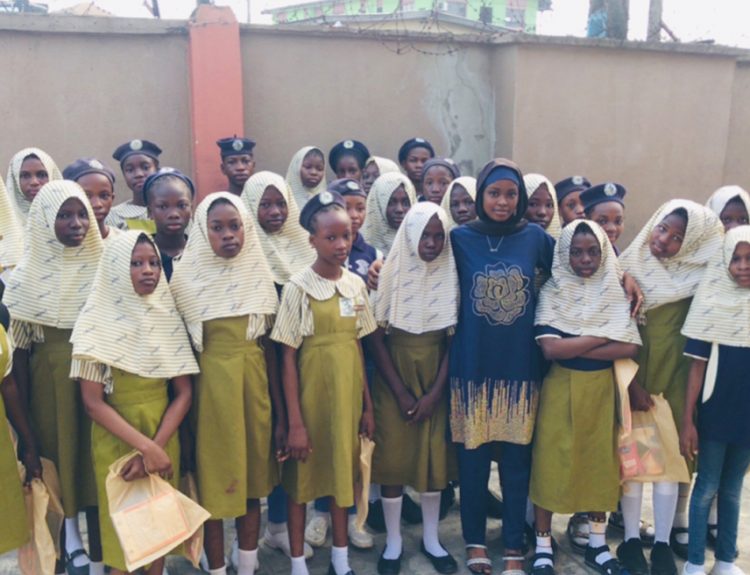By Jimoh Mohammed Bawa
Gender-Based Violence (GBV) has become a silent pandemic across Nigerian campuses, manifesting in sexual harassment and abuse. Yet, survivors are often silenced by shame, fear, and inadequate support.
The Story Behind the Silence
According to the United Nations International Children’s Emergency Fund (UNICEF), Nigeria recorded 27,698 GBV cases between 2020 and 2023. Out of these, 1,145 were fatal, yet only 393 perpetrators were convicted, pointing to a conviction rate of just 1.4%.
In 2024, the Nigeria Police Force reported handling at least 17,415 cases of gender and domestic-based violence, almost equal to the total recorded over the previous three years. According to the 2018 Nigeria Demographic and Health Survey, 31% of women aged 15–49 experienced physical violence, and 9% experienced sexual violence in their lifetime.
Shockingly, 63% of Nigerians say they have personally experienced GBV or know someone who has. In 2025, DOHS raised the alarm: 17 women were murdered in January alone, marking a 240% increase compared to the same period in the previous year.
These aren’t just statistics; they are a clear sign of systemic failure. While legislation like the Violence Against Persons (Prohibition) Act of 2015 exists, enforcement is still weak. Victims are often blamed or silenced with questions like “What were you wearing?” or “Why didn’t you avoid it?”, while perpetrators tend to act with immunity.
When sexual harassment is normalized, sometimes even jokingly referred to as part of “Na campus life, na norms”, it allows the culture of abuse to persist unchecked. Nigerian institutions must adopt a zero-tolerance, law-like framework to address GBV head-on.
This means legislating GBV offenses on campus by incorporating enforceable provisions into student and staff codes, defining harassment, assault, and consent violations, with mandatory penalties such as suspension, academic dismissal, or termination.
It also means building independent reporting structures that ensure confidentiality and accessibility through online platforms or Gender-Based Violence desks. Education on consent and respect must be mandated and embedded into orientation programs for both students and staff, challenging harmful norms directly from day one.
Survivors should be supported with tangible protections such as counseling, medical care, academic accommodations, and security assistance so they are supported, not shamed. Student bodies too should launch campaigns and awareness programs that challenge normalized behaviors and promote bystander intervention and advocacy.
If institutions can prosecute cultism and exam malpractice, they can and must tackle Gender-Based Violence with equal vigor. A safe academic environment is not an optional add-on; it is a right of every student and staff member.















Good job👍
Too many lives are being destroyed in silence… this has to stop.
Every student deserves to feel safe